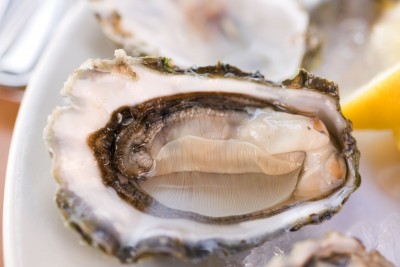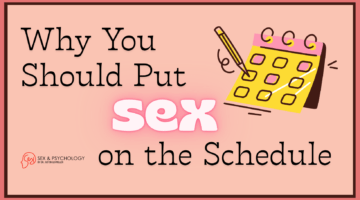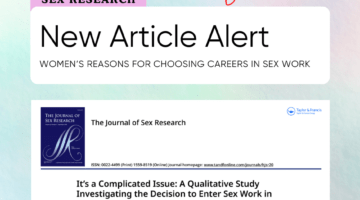Do Aphrodisiacs Really Work?
August 1, 2012 by Justin Lehmiller
People around the world have long believed that certain foods are aphrodisiacs. Oysters, bananas, figs, cucumbers…the list goes on and on. But can eating any of these foods really increase sexual desire and behavior? Perhaps. But before you go booking next Friday’s date at that expensive and exclusive raw bar, you should probably know that any effects these supposed aphrodisiacs might have on your sex life are probably due to psychology, not physiology.
The common theme uniting the foods most frequently touted as aphrodisiacs is that they resemble either the male (bananas, cucumbers, carrots, and asparagus) or female genitalia (oysters, open figs, and peaches). Beyond these more conventional and well-known aphrodisiacs, animal horns and penises are much sought after in some parts of the world because certain cultures hold the belief that consuming them can enhance sexual potency. While horns are most frequently powdered or ground up, penises can be served any way you want: as a pickle, a soup, or even as a fondue (although I have yet to see this on the menu at The Melting Pot).
So do any of these foods truly have a direct effect on sexual arousal or performance? Although many people swear by these products, we do not currently have any scientific evidence suggesting that the consumption of these foods has any sexual effects one way or the other. It is likely that these foods acquired their sexy reputations as a result of the placebo effect. The placebo effect occurs when someone possesses a strong belief that a specific substance will have a certain effect on them, even if the substance itself has no special properties (think sugar pills). If the belief is sufficiently strong, individuals may end up demonstrating the expected behavioral changes.
As some evidence of the power of placebo effects, research on certain antidepressants has found that depressed patients taking sugar pills believed to be mood-elevating medication showed 75% as much improvement in symptoms as patients taking actual antidepressants [1]! As you can see, people who are strongly motivated and committed to changing their behavior often end up doing so, even when they receive sham treatments. When it comes to aphrodisiacs, placebo effects are especially likely to occur because when someone experiences a decrease in sexual potency, the desire to bring it back by any means can be very, very strong.
The take home message from all of this is that you can probably skip the oysters on your next date unless you happen to really like the taste. The reality is that you’re probably just as likely to wind up in bed no matter what you order for appetizer, entrée, or dessert.
Want to learn more about Sex and Psychology? Click here for previous articles or follow the blog on Facebook (facebook.com/psychologyofsex), Twitter (@JustinLehmiller), or Reddit (reddit.com/r/psychologyofsex) to receive updates.
[1] Kirsch, I., & Sapirstein, G. (1998). Listening to Prozac but hearing placebo: A meta-analysis of antidepressant medication. Prevention & Treatment, 1, Article 0002a. doi: 10.1037/1522-3736.1.1.12a
Image Source: 123rf.com

Dr. Justin Lehmiller
Founder & Owner of Sex and PsychologyDr. Justin Lehmiller is a social psychologist and Research Fellow at The Kinsey Institute. He runs the Sex and Psychology blog and podcast and is author of the popular book Tell Me What You Want. Dr. Lehmiller is an award-winning educator, and a prolific researcher who has published more than 50 academic works.
Read full bio >


